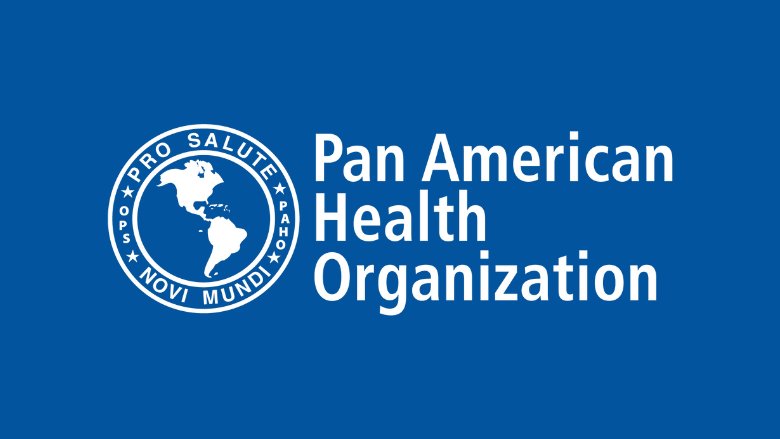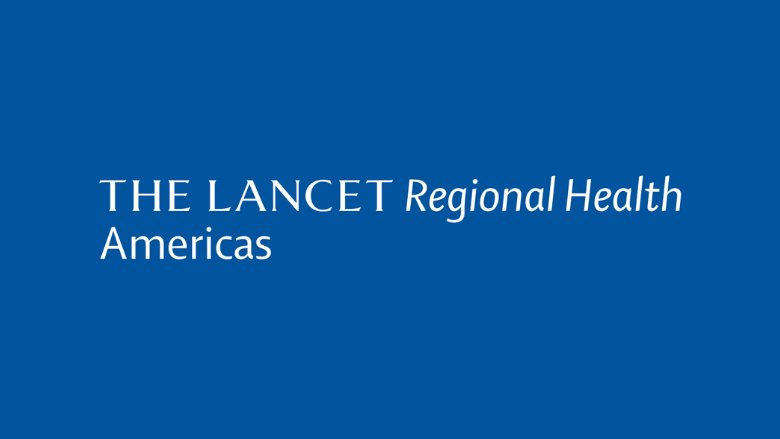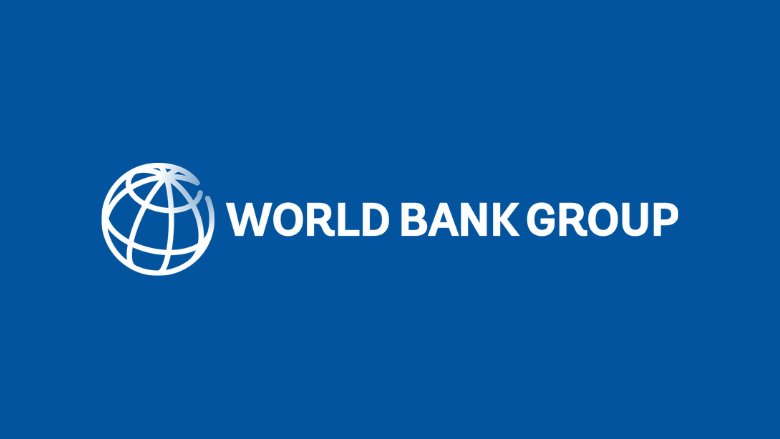In alphabetic order
World Bank / PAHO Lancet Commission on Primary Health Care and Resilience in Latin America and the Caribbean
- Home
- Overview
- Our people
- Resources
Publications & Knowledge
-
Walking the Talk: Reimagining Primary Health Care After COVID-192021
Almost half a century ago, policy leaders issued the Declaration of Alma Ata and embraced the promise of health for all through primary health care (PHC). That vision has inspired generations. Countries throughout the world—rich and poor—have struggled to build health systems anchored in strong PHC where they were needed most. The world has waited long enough for high-performing PHC to become more than an aspiration; it is now time to deliver. The COVID-19 (Coronavirus) pandemic has facilitated the reckoning for that shared failure—but it has also created a once-in-a-generation opportunity for transformational health system changes. The pandemic has shown policy makers and ordinary citizens why health systems matter and what happens when they fail. Bold reforms now can prepare health systems for future crises and bring goals such as universal health coverage within reach. PHC holds the key to these transformations. To fulfill that promise, however, the walk has to finally match the talk. Walking the Talk: Reimagining Primary Health Care after COVID-19 outlines how to get there. It charts an agenda to reimagined, fit-for-purpose PHC.
Authors: Barış E, Silverman R, Wang H, Zhao F, Pate MA
-
Healthcare service disruption in 14 Latin American and Caribbean countries during the COVID-19 pandemic: Analysis of household phone surveys, 2020-20212023
The coronavirus 2019 (COVID-19 pandemic) and associated responses have significantly disrupted healthcare. We aimed to estimate the magnitude of and reasons for households reporting healthcare disruption in 14 Latin America and the Caribbean (LAC) region countries from mid-2020 to mid-2021, and its relationship with country contextual factors.
Authors: Herrera CA, Kerr AC, Dayton JM, Kakietek JJ
-
Building Resilient Health Systems in Latin America and the Caribbean : Lessons Learned from the COVID-19 Pandemic2022
More than two years into the pandemic, the evidence is clear: COVID-19 has unleashed an unprecedented socioeconomic and health crisis, and devastated communities across Latin America and the Caribbean (LAC).Fundamental changes must be initiated to strengthen health systems to regain lost ground and avoid similar losses in the future. This report summarizes key findings about the pandemic’s impacts on health across the region. Drawing from a range of sources including World-Bank conducted research and phone surveys as well as research by partner organizations, governments, and academic experts, the first three chapters investigate three areas of impact: impacts on societies, impacts on people, and impacts on health systems. It then builds on those insights in a final chapter that maps out a five-pillar action plan and smart investments for decision-makers to consider in charting a way forward to build resiliency in health systems and improve health outcomes for all.
Authors: Herrera Riquelme, Cristian Alberto, Veillard, Jeremy Henri Maurice, Feune De Colombi, Nicole, Neelsen, Sven, Anderson, Geoff, Ward, Katherine Theresa Elizabeth
-
Analizar y superar las barreras de acceso para fortalecer la atención primaria de salud2023
(Report in Spanish)
This report presents the results of the collaboration between the Pan American Health Organization and its Member States to analyze barriers to access primary health care, as well as to formulate policy options aimed at progressively reducing and eliminating them. The first chapter provides a characterization of the health systems in the Americas Region and the challenges for universal access in the context of the COVID-19 pandemic. The second chapter offers a methodological and analytical framework for studying access barriers and determining policy options. Chapters 3 to 6 present case studies focused on the barriers faced by groups in situations of greater vulnerability in the context and trajectory of different health system reforms. In conclusion, general recommendations are presented to promote the still unfinished agenda towards universal access to health and universal health coverage.
-
Policy on Integrated Care for Improved Health Outcome2022
Fragmentation in all its forms is a pervasive problem in health systems and affects the organization, management, and provision of care in almost all Member States of the Pan American Health Organization (PAHO).1 Fragmentation impedes equitable access to health. It can take the form of health services that do not cover the range of promotion, prevention, care, rehabilitation, and palliative care services, resulting in a lack of continuity of care over time; this is known as fragmented care. In another form of fragmentation, health providers, organizations, or units do not ensure coordinated, seamless transitions for persons through different levels of the continuum of services; this is known as fragmented services.
-
Strategy for Building Resilient Health Systems and Post-COVID-19 Pandemic Recovery to Sustain and Protect Public Health Gains2022
The COVID-19 pandemic has significantly impacted health, lives, and livelihoods in the Americas and has caused a social and economic crisis characterized by mass unemployment, increased impoverishment, and exacerbation of longstanding inequities. The critical path to recovery and progress toward the Sustainable Development Goals requires intensified actions to control the pandemic; adequate management of persons with COVID-19, including a) the post COVID-19 condition experienced by some individuals; the rapid and equitable deployment of COVID-19 vaccines; and the mitigation of disruptions in the provision and availability of essential health services to protect health gains. A progressive transition from pandemic response to recovery will require a renewed focus on building sustainable, resilient health systems, informed by and building on the COVID-19 response.
Our partners
-
Pan American Health Organization
Pan American Health Organization
The Pan American Health Organization (PAHO) is the specialized international health agency for the Americas. It works with countries throughout the region to improve and protect people's health.Read More -
The Lancet Regional Health – Americas
The Lancet Regional Health – Americas
The Lancet family of world-class journals is committed to improving lives through medical research. The Lancet Regional Health – Americas is part of The Lancet Regional Health Global Initiative to advocate for health-care quality and access around the worldRead More -
World Bank Group
World Bank Group
The World Bank has a bold vision: to create a world free of poverty on a livable planet. The World Bank provides financing, advice, and innovative solutions that improve lives.Read More


